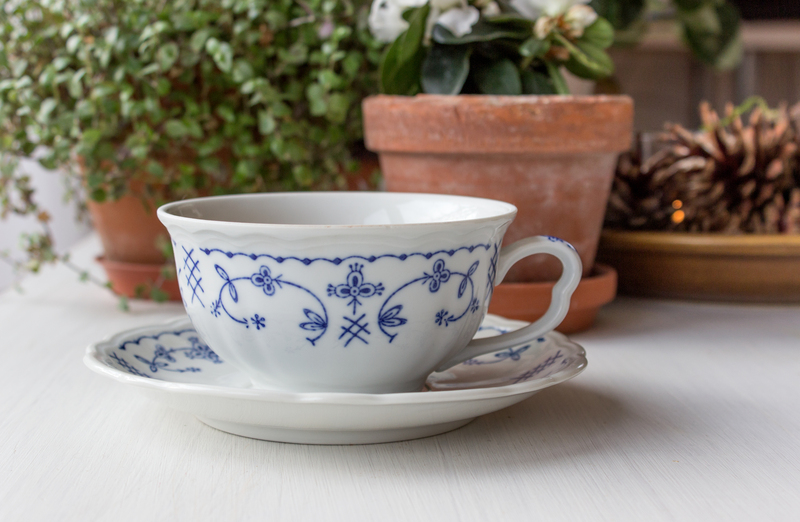Properly Managing Unusable Garden Materials
Posted on 21/05/2025
When it comes to gardening, there is no shortage of materials that can accumulate over time. From dead plants and fallen leaves to broken tools and unused pots, gardens can easily become cluttered with unusable materials. However, managing these materials properly is essential for maintaining a healthy and organized garden space. In this article, we will discuss the dos and don'ts of managing unusable garden materials, along with some tips and takeaways for effective management.
The Dos:
1. Compost whenever possible
One of the best ways to manage unusable garden materials is by composting them. Compost is a nutrient-rich soil amendment that is created by breaking down organic materials such as dead plants, leaves, and kitchen scraps. By creating your own compost, you not only reduce waste but also produce a valuable resource for your garden. Adding compost to the soil improves its structure, moisture retention, and overall fertility.
2. Recycle or repurpose
Before tossing any unusable materials into the trash, consider if they can be recycled or repurposed. For example, old tools can be sharpened and used again, broken pots can be turned into plant markers, and even plastic containers can find new life as seedling starters. Recycling or repurposing not only reduces waste but also saves money and resources.
3.Give away or donate
Another option for managing unusable garden materials is giving them away or donating them. Do you have excess plants or seeds? Consider sharing them with friends or donating them to a community garden or school project. Old tools or equipment in good condition can also be donated to organizations in need. This not only reduces waste but also promotes a sense of community and generosity.
4.Enlist the help of professionals
In some cases, such as large tree branches or heavy rocks, it may be necessary to seek professional help for removal. This ensures safety and proper disposal of the materials. Additionally, professionals may have resources for repurposing or recycling certain materials.

The Don'ts:
1. Toss everything into the trash
Throwing away all unusable garden materials may seem like the most convenient option, but it is not environmentally friendly and can impact the health of your garden in the long run. Organic materials in landfills produce methane gas, a potent greenhouse gas that contributes to climate change. Additionally, valuable nutrients present in these materials are wasted when they are sent to landfills.
2. Leave debris on the ground
Leaving fallen leaves, twigs, and dead plants on the ground may seem harmless, but it can actually attract pests and diseases to your garden. It also creates an unsightly and uninviting space for you to enjoy. Instead, gather these materials and either compost or dispose of them properly.
3. Neglect proper storage
Properly storing your garden tools, equipment, and supplies is crucial for their longevity and functionality. Exposed to harsh weather conditions or even just humidity, these items can quickly become damaged and unusable. Make sure to clean and dry tools after use and store them in a cool, dry place.

Tips for Effective Management:
1. Set up designated areas for different materials
To avoid clutter and confusion, designate specific areas for composting, recycling or repurposing, donation/giving away, and professional removal.
2. Regularly assess your garden's needs
Take time to evaluate your garden's needs regularly. This will help you determine which materials are actually unusable and which ones can be salvaged or repurposed.
3. Educate yourself on best practices
Research and learn about best practices for managing different types of materials in your garden. For example, some plants are not suitable for composting due to their potential to spread diseases.
Takeaways:
- Proper management of unusable garden materials reduces waste and promotes sustainability.
- Composting, recycling, repurposing, and donating are all effective ways to manage these materials.
- Neglecting proper management can lead to pest and disease issues, as well as a cluttered and uninviting garden space.
In conclusion, properly managing unusable garden materials is not only beneficial for the environment but also for the health and beauty of your garden. By following the dos and don'ts outlined in this article, along with implementing some helpful tips, you can maintain a healthy garden while reducing waste and cultivating a sense of responsibility towards the environment. Remember to regularly assess your garden's needs and educate yourself on best practices for managing different materials. With proper management, your garden will thrive for years to come.
Latest Posts
DIY Paper Recycling at Home in 6 Steps
Advance Your Recycling Approach
Plant-Based Plastics: Future Innovations






